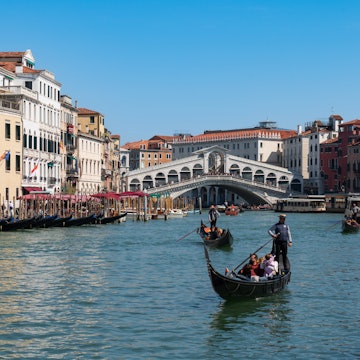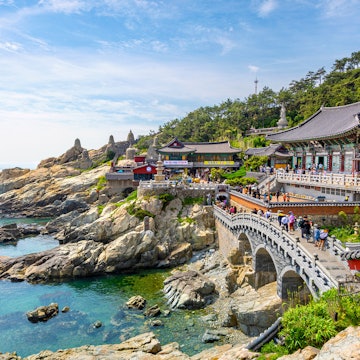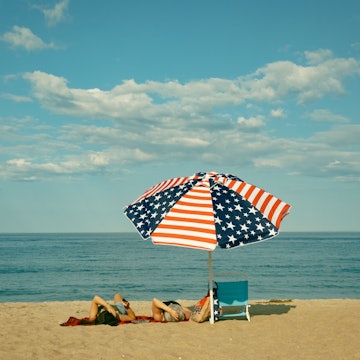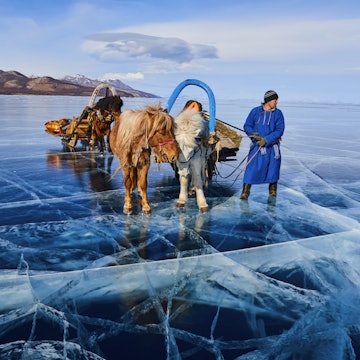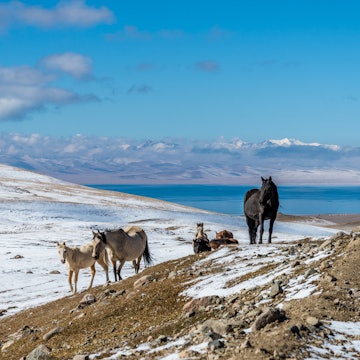
The dos and don'ts of visiting Russia for the first time

Sep 24, 2021 • 6 min read

These top tips can help you make the most of your visit to Russia © MarinaDa / Shutterstock
The world’s largest country beguiles and fascinates with its world-class art, epic landscapes and multifaceted society. You may also find that perseverance and a sense of humour will go a long way in enriching your first-time Russian travel experience. From the things you absolutely must do before you travel to the things we recommend that you steer clear of once you're there, here are some top tips for avoiding common pitfalls when visiting Russia.

DO apply for a visa early and register on arrival
Visas must be applied for in advance by all visitors. How you do that varies depending on your nationality and where in Russia you are traveling to. Travelers from many countries, including the UK and US, need to apply in-person at an embassy or consulate and provide biometric data. An e-visa may be an option for passport-holders from 52 countries, which include many EU travelers, as well as those from China, India, Japan, Singapore, and some Middle Eastern countries. However these are temporarily suspended due to COVID-19. Check with your local Russian embassy or consulate for confirmation, or get up-to-date information here.
You can apply at the last moment, but it may cost you a fortune. Start the application process at least a month before your trip and consider using a specialist travel agency to arrange visas and make key transport bookings. Every visitor to Russia should have their visa registered within seven days of arrival, excluding weekends and public holidays. The obligation to register is with your hotel or hostel, or landlord, friend or family if you’re staying in a private residence. Also keep in mind that your visa entry and exit dates will be written according to European calendar convention (day/month/year) as opposed to the American style, so don't get mixed up or over-stay your visa.

DO check the events calendar
During major holidays – the first week in January (between New Year’s Day and Orthodox Christmas) and the first week or two of May (around Labour Day, or May Day, and Victory Day) – Moscow and St Petersburg empty out. Despite this, both cities are festive during these times, with parades, concerts and other events, but museums and other institutions may have shortened hours or be shut altogether. May to September is the best time to visit St Petersburg but mid-June is when the city is irresistible, with the White Nights revelry at its peak.

DO dress up for a night out
We can’t guarantee you’ll make it past Moscow’s "face control" (the term comes from clubs trying to "save face" by only letting in patrons who meet their image standards) but you can better your chances of getting in to the top clubs by making a sartorial effort – high heels and skirts for women, all black for men. Russians also make an effort when they go to the theater or a posh restaurant – you should do likewise to fit in.
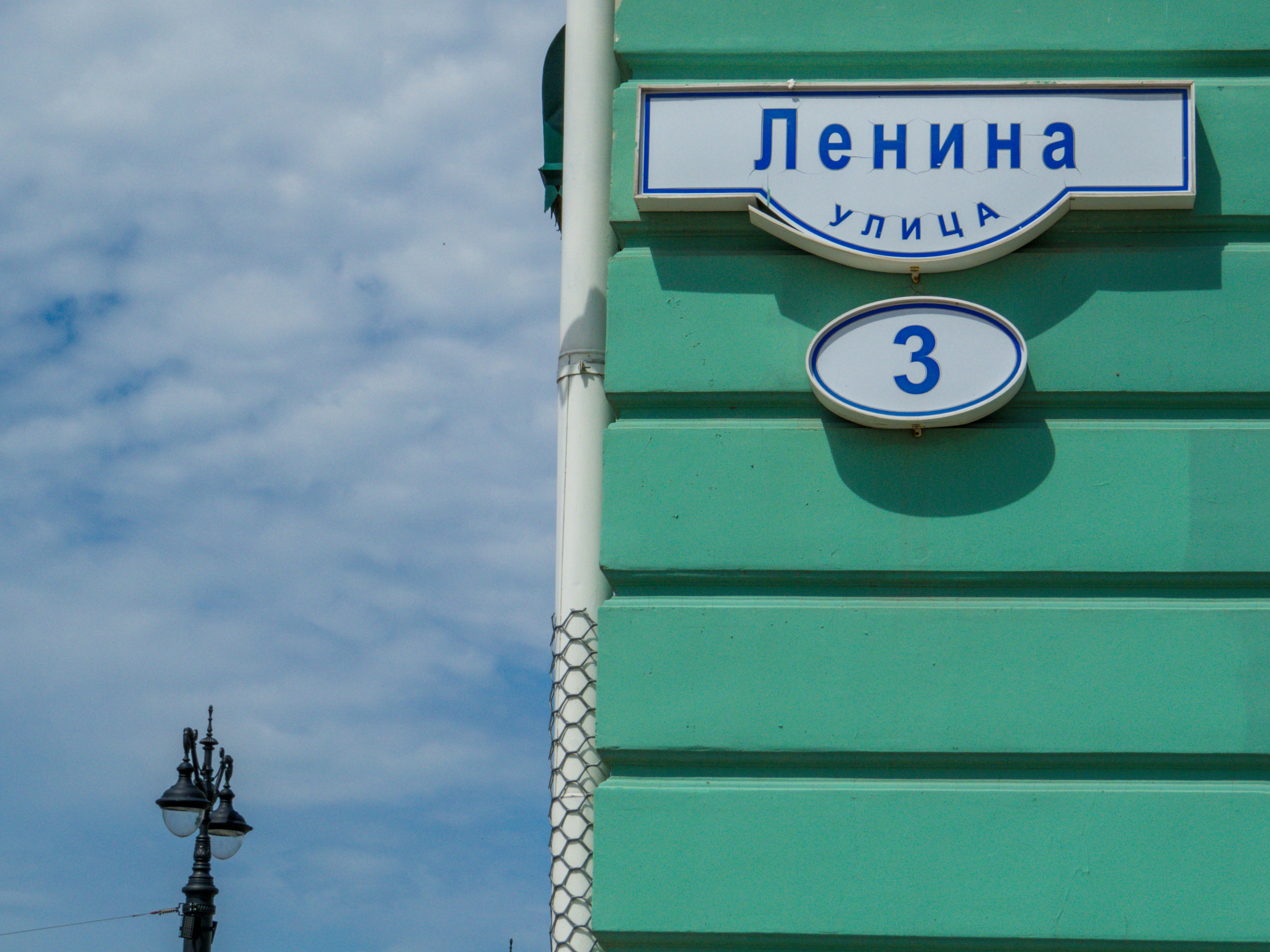
DO learn the Cyrillic alphabet
Making an effort to familiarize yourself with the Cyrillic alphabet repays tenfold. It will help you decode street and metro signs, maps, timetables and menus, even if you don't know many Russian phrases. While digital tools like the Russian Metro app and Google Translate make it easier than ever to visit countries where you don't speak or read the language, brushing up beforehand can reduce frustration and endear you to the locals.
Rideshare options such as Taxovichkoff and Yandex Taxi upended the taxi industry in Russia as much as anywhere else. That means less pressure to know the Russian phrases you'd need to hails cabs in the streets, but it still is wise to learn key phrases in case there's a navigation mixup, like the address of your hotel or intersection of your short-term apartment rental.

DO expect to spend your money
Moscow is one of the most expensive cities in the world and St Petersburg is not a cheap destination either; wallet-thinning shock is common at many restaurants and hotels. As a foreigner you’ll also find yourself paying more than a Russian for some museums – often as much as 10 times the price Russians pay. If you’re a student, flashing your ID can save you money at museums and other institutions.
You can save on dining out a few different ways. Many restaurants offer "business lunches" that are great value and very filling. Several years ago the trend for "anti-cafes" cropped up in larger Russian cities, and there are still a few where you pay by the minute for coffee, biscuits, and a little wi-fi time.
Food markets that blend farmers markets and food halls are popular, and are often found in architecturally significant vintage buildings. You can shop for ingredients to cook yourself or sample cuisines from around the world from dozens of vendor stalls. Many food markets are less expensive than sit-down restaurants and let you try a wider variety of local and international dishes.

DON’T ask for a mixer with your vodka
Few traditions in Russia are as sacrosanct as the drinking of vodka, and any foreign notions of drinking it with orange juice or tonic are anathema to your average Russian. If you need something to wash it down, you can chase it with a lemon, a pickle or, perhaps, a separate glass of water. Vodka is drunk in swift shots, not sipped. It’s traditional (and good sense) to eat a little something after each shot, so order some vodka snacks too.

DON’T be disrespectful in a church
Working churches are open to everyone, but as a visitor you should take care not to disturb any devotions or offend sensibilities. There's no face control, but women should cover their heads and bare shoulders when entering a church. In some monasteries and churches it’s also required for a woman to wear a skirt – wraps are usually available at the door. Men should remove their hats in church and not wear shorts.
DON’T take photos of government buildings
Be very careful about photographing stations, official-looking buildings and any type of military-security structure – if in doubt, don’t snap! Travelers have been arrested and fined for such innocent behaviour.

DON’T be surprised if you’re stopped by the police
Although new laws were passed in 2011 that ostensibly reconfigured Russia's police and their interactions with the public, it's still wise to carry a photocopy of your passport, visa and registration – not to mention travel documents that indicate how and when you'll return home – and present them when an officer demands to see your documents. You may also see special tourist police near major attractions like the Red Square, who have special training and language skills to assist travelers.
If you're issued a fine, Russian authorities might expect an "unofficial payment" to expedite their service on the spot, as opposed to handling the matter later at the station. Either way, always ask for an official receipt, and consider carrying the phone number for your country's embassy in case matters get more complicated.
You might also like:
How to spend a perfect weekend in Moscow
How to plan and pack for the Trans-Siberian Railway
Beyond the Trans-Siberian: travelling Russia's unexplored northwest by train
This article was originally published in August 2009.





